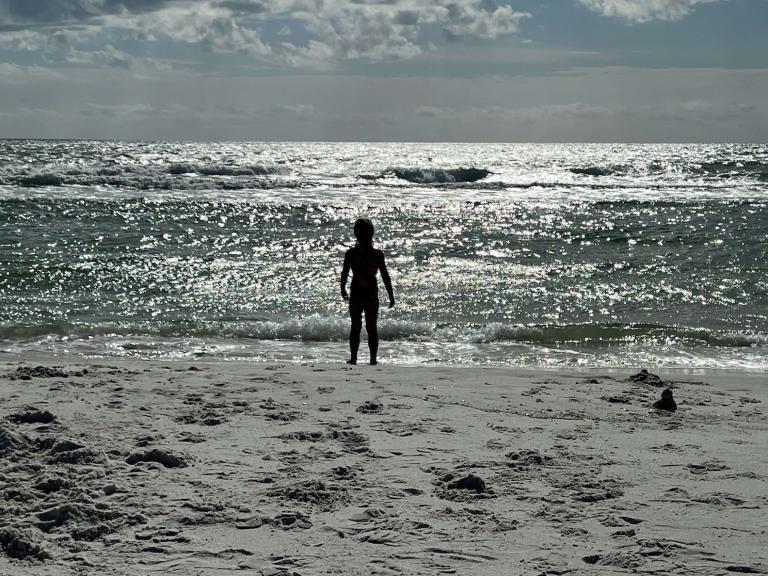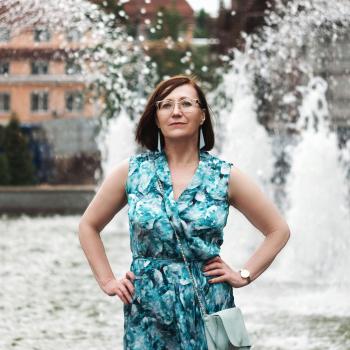
I’ve written a lot about finding your purpose or calling. In fact, my book Wake Up Call includes seven different stories related to the topic. I’ve even written a more recent story for those 60-plus here. And while this is another column about purpose, this one has a twist.
If you were to read all the stories I’ve written on the topic, you’d come away thinking everyone has a unique purpose (or calling) that they’re meant to fulfill and it’s your job to uncover it. It’s usually related to your talents or passions. For instance, you might feel called to be a teacher, an artist, or a social activist. You might also discover that your purpose is simply to live a noble life, contributing to the care and well-being of others.
But maybe there’s more to the story. I heard a discussion on a podcast recently that got me rethinking calling and purpose. It made me realize that some people may not have a specific purpose, per se. I’ll save that conversation for point 2 below, but we’ll start with a slightly more traditional way to find your calling.
Perspective 1. Can’t find your purpose? Look to your childhood.
In The Daily Laws: 366 Meditations on Power, Seduction, Mastery, Strategy and Human Nature, author Robert Greene includes several short essays on purpose or what he terms “your Life’s Task.” And while he says that many of us have “a kind of inner force” that guides us to the endeavor we were meant to accomplish, he also realizes many of us have trouble locating it.
If in Greene’s words, your calling is “already within you,” and is present “at your core,” how do you find something that may be buried beneath years of life and work experience? Greene’s advice: “Reconnect with your childhood obsession,” or the activities and subjects “that sparked a curiosity that was deep and primal.” Greene’s simple advice is to:
Do something today that you used to love doing as a kid.
The author believes that “your power and future can depend on reconnecting with this core and returning to its origins.” So, your task is to dig into your earliest years looking for “what has been buried inside you all along.” Reconnect with this core and “some element of that primitive attraction will spark back to life.”
Like me, you’re probably several decades removed from your childhood and may have trouble recalling your earliest leisure pursuits. If that’s the case, Greene tells us to “ask someone who recalls your childhood what they remember about your interests. Find the thing you were pulled to and “dive deep into it.”
I realize that if you find yourself at 50, 60, or 7o-plus and are still searching for your true calling, Green’s counsel may have you scratching your head. What if the things you liked to do as a child don’t point to an actual purpose? Personally, I enjoyed playing football, reading books, and swimming in the ocean. It may be a bit of a stretch to say that any of those activities point to a particular calling. Which explains why I found this next take on purpose so fascinating.
Perspective 2. Still can’t find your purpose? Maybe you don’t have one.
You might remember, as a child, liking to draw pictures or spending time camping—but how does that relate to your purpose today? Artist and author Natalie Sudman may have an answer. I’ll be writing more about Sudman and her book The Application of Impossible Things soon, but first you should know her back story.
Sudman was serving as a civilian contractor during the Iraq war when the SUV she was travelling in hit a roadside bomb. She was badly injured and lost consciousness—and immediately woke up in another dimension, having what is known as a near-death experience or NDE.
What was unique about Sudman’s experience is that once she left her body and crossed over, she was told she had the option to return to earth or remain in the afterlife. While reluctant to return, she decided to come back to the world here on earth as there were still some things she wanted to accomplish in this lifetime.
On the Grief to Growth podcast, Sudman said her story often leads to a misconception. Some people think she’s lucky, she now has “a mission” to accomplish in this lifetime. But she said that’s not how it works. While not revealing if she has a renewed purpose in life, she said it’s a mistake to think everyone in this world has a specific calling or purpose. Sudman states that:
Your purpose in life may be to be curious and explore new things.
Think about that for a moment. What if your purpose isn’t to do something specific in this lifetime and you are just here to learn. Not sure what you’re here to learn or study? You might want to add some of the thinking found in Robert Greene’s first perspective on finding purpose. Here are a few thought starters:
- As a child did you like drawing? You may want to start by reading up on your favorite artists, then visiting museums and exhibitions. Get involved in a local artist’s guild, enroll in an art class.
- As a child did you like playing sports? Become a student of the game you like best. Love baseball? Dive into the multi-part Ken Burns baseball documentary. Start supporting your local high school and college teams. Visit every minor and major league ballpark within a 200-mile radius.
- As a child did you like the outdoors? Tour the parks and nature trails in your county or state, taking a short hike in each. Love the ocean? Learn about and start collecting seashells. Visit as many coastal lighthouses as you can or become involved with an ocean cleanup group.
You get the idea. The goal is to do the things that satisfy your curiosity as you learn along the way. What really matters is that you find the hobbies and activities that are meaningful to you. And if you’re not sure what those things are, there may be no better place to start looking than your childhood.













